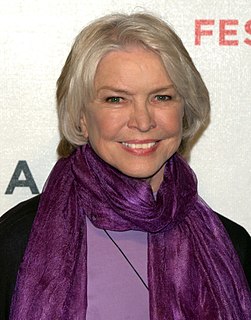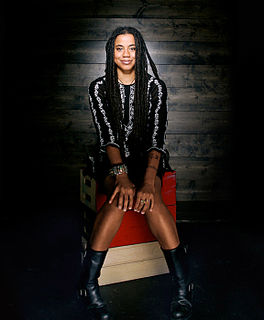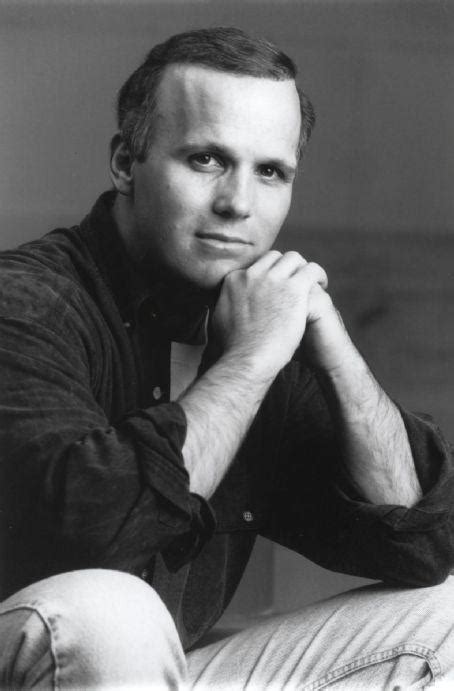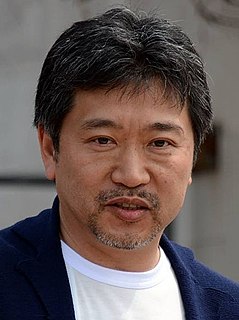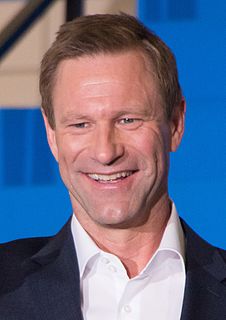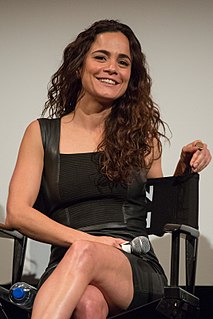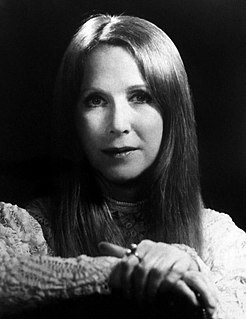A Quote by Greta Gerwig
For me, the French new wave is Truffaut and Rohmer. Godard I sometimes have trouble with because he's very much of a director's director. I feel Truffaut is such a humanist, and I always go in that direction.
Related Quotes
That’s one of the nice things about writing, or any art; if the thing’s real, it just lives. All the attendant hoopla about it, the success over it or the critical rejection—none of that really matters. In the end, the thing will survive or not on its own merits. Not that immortality via art is any big deal. Truffaut died, and we all felt awful about it, and there were the appropriate eulogies, and his wonderful films live on. But it’s not much help to Truffaut.
With a director it's all about the work; I'd work with a great director over - you know, I'm not the kind of actor who that doesn't go, 'I want to play this role.' It's more like, 'I want to work with this director,' regardless of what the role is because if it's a good director, you'll probably find a good role because it's a decent film. But a mediocre director will always make a mediocre movie.
In the neighborhood around Waseda, there were all these movie theaters, so every morning I left the house and watched movies instead of going to class. The experience of encountering films then is one of my greatest memories. Before that I'd never paid any attention to directors, but there I was taking a crash course in Ozu, Kurosawa, Naruse, Truffaut, Renoir, Fellini. Because I've always been naturally a more introspective person, I was more interested in becoming a screenwriter than a director.
You can give the greatest performance possible, but if you don't have a director who's pointing the camera in the right direction and an editor who's editing it properly, it doesn't matter what you do. The director and the editor are the most important people. Not the actors. Sometimes the writer is important. But if you don't have a good director, you can't have a good production.



